Research and Policy Media Relations Manager
Gavin draws on more than 25 years of experience in communicating about science, medicine and health policy. She focuses mainly on the health services research done by members of the U-M Institute for Healthcare Policy and Innovation, who work to understand and improve the safety, quality, equity and affordability of health care. As part of the Michigan Medicine communication team, she has lead responsibility for primary care and mental health topics. Contact: [email protected]; Twitter: @Karag


Health Lab
U-M study recommends the use of risk adjustment for Medicare programs that bundle payments for hip and knee replacements. Learn more about the CJR model.
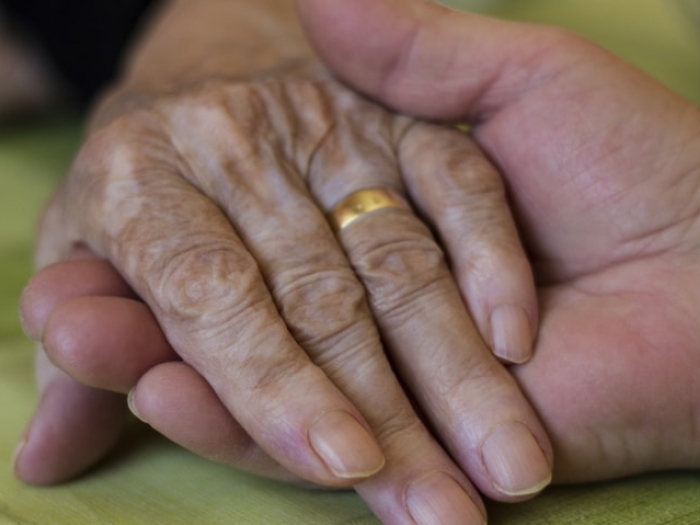
Health Lab
U-M study finds Medicare pays thousands more for the end of life care of black and Hispanic people than for whites. Here's more on the cost of end of life care.
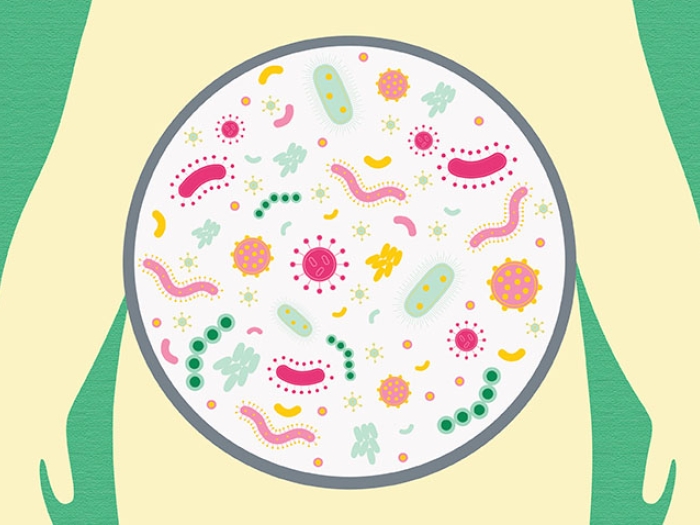
Health Lab
Despite recent headlines linking weight problems to microbiome disruptions, a new review finds no clear connection.

Health Lab
University of Michigan researchers question the use of medical marijuana for the treatment of Alzheimer's disease. Learn more about Alzheimer's and Marijuana.

Health Lab
In a University of Michigan study 25% of first-year residents may meet criteria for clinical depression. Learn how researchers and educators are trying to help.

Health Lab
A new framework called IAR from RAND helps agencies and organizations track and share activities, problems and successful responses to public health emergencies.
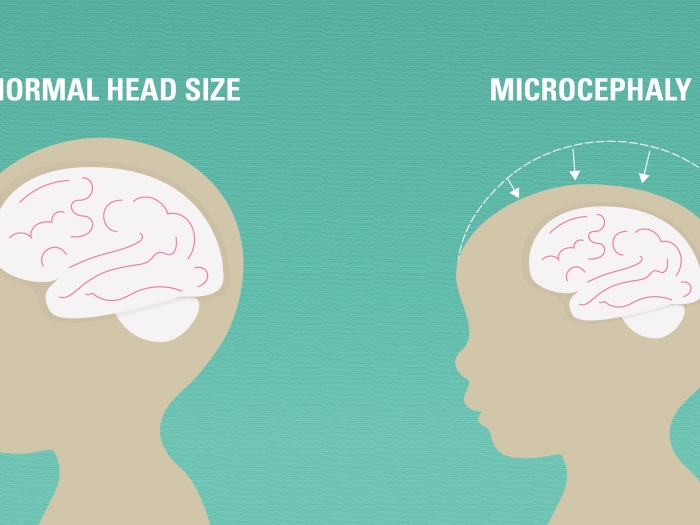
Health Lab
New Studies on Microcephaly may help explain what happens in the developing brains of babies in the womb, causing them to be born with small brains and heads.
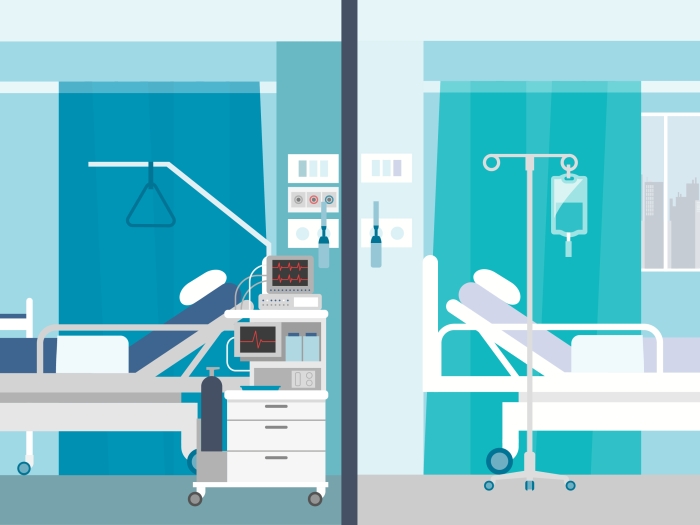
Health Lab
A study suggests patients being treated for heart attacks in heavily relied on ICUs may fair worse than in other hospital areas. Read more on ICU utilization.

Health Lab
University of Michigan researchers reflect on Donabedian's paper "Evaluating the Quality of Medical Care." Learn about its lasting impact on health care.
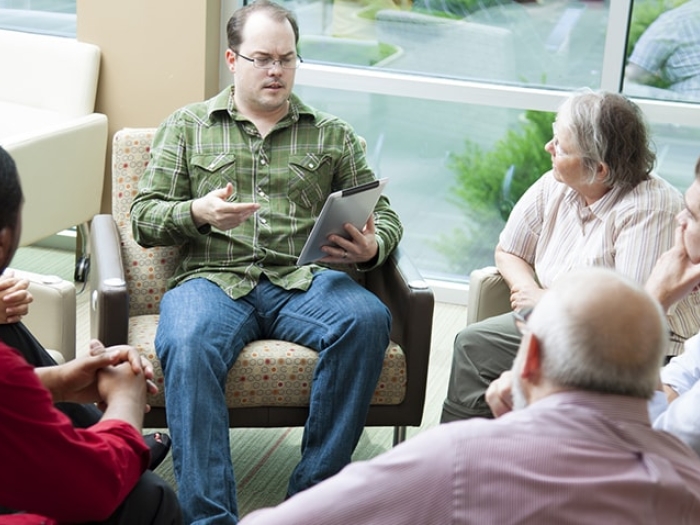
Health Lab
A University of Michigan study shows that ImPAT care in combination with addiction treatment reported a decrease both in overall pain levels and alcohol intake.

Health Lab
The University of Michigan BioArtography initiative creates images of colorful cells from underneath a microscope. See these images and how to purchase your own.
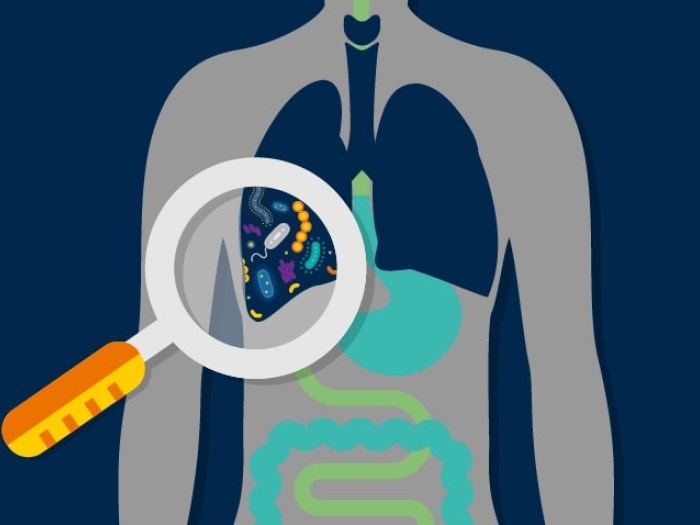
Health Lab
University of Michigan researchers discover gut bacteria in critically ill lungs. Learn how this may influence illnesses such as sepsis and acute lung failure.

Health Lab
University of Michigan researchers suggest families providing in home senior care need help. Explore how in home elder care is impacting senior caregivers.

Health Lab
For people with depression, autism, or another mental health condition that hasn’t responded to other treatments, modern electroconvulsive therapy may help.

Health Lab
University of Michigan researcher explains how to stop the addiction to opioids, like prescription painkillers and heroin, from spreading around the country.